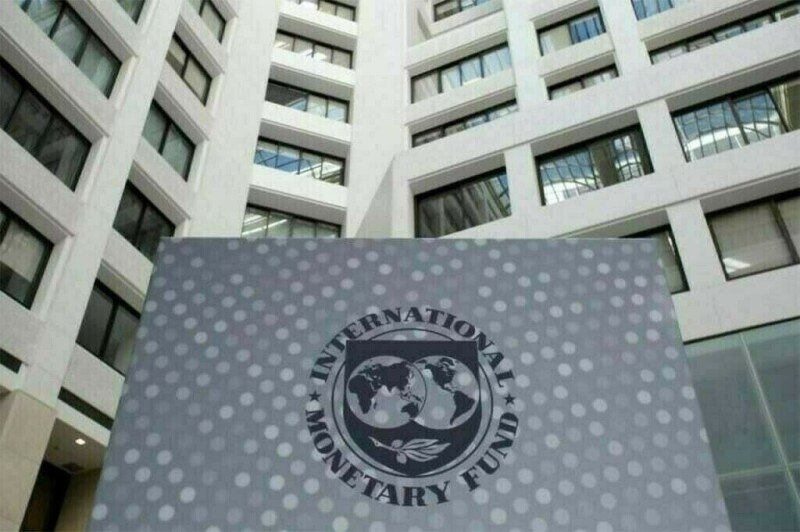The International Monetary Fund (IMF) has completed its first review of Pakistan’s economic reform program under the Extended Fund Facility (EFF), unlocking $1 billion in immediate disbursements. Additionally, the IMF approved a $1.4 billion Resilience and Sustainability Facility (RSF) to help Pakistan combat climate vulnerabilities.
According to an IMF report, the move comes as Pakistan shows progress in stabilizing its economy, reducing inflation, and rebuilding foreign reserves, though risks remain elevated.
Pakistan’s 37-month EFF, approved in September 2024, aims to entrench macroeconomic stability through fiscal discipline, tax reforms, and energy sector viability.
Federal Budget: Aurangzeb holds virtual consultations with IMF
The IMF noted that Pakistan has achieved a primary surplus of 2.0% of GDP in the first half of FY25, keeping it on track to meet its year-end target.
Inflation has plummeted to a historic low of 0.3% in April 2025, allowing the State Bank of Pakistan to cut interest rates by 1,100 basis points since June 2024.
“Pakistan has made important progress in restoring macroeconomic stability despite a challenging environment,” said Nigel Clarke, IMF Deputy Managing Director.
However, he cautioned that risks such as global economic uncertainty, geopolitical tensions, and domestic vulnerabilities persist.
The RSF arrangement, worth $1.4 billion, is designed to bolster Pakistan’s resilience to climate shocks, which have repeatedly disrupted its economy.
The reforms under the RSF focus on improving water resource management, strengthening disaster response coordination, and enhancing climate-related financial disclosures.
Pakistan is highly vulnerable to extreme weather events, as seen in the devastating 2022 floods, and the IMF emphasized that climate adaptation is “macro-critical” for the country’s long-term stability.


